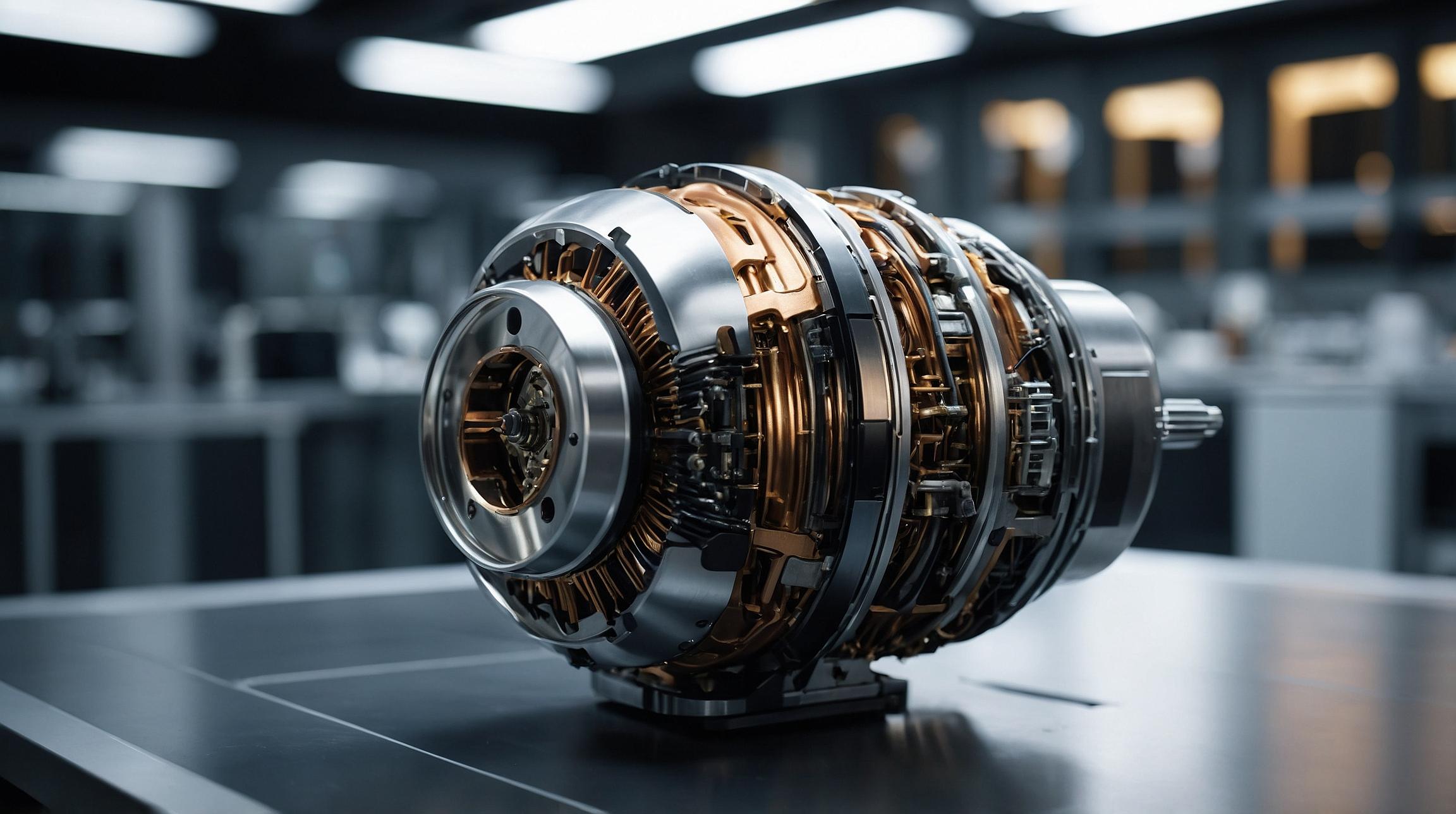A Radical New Magnet Without Rare-Earth Metals Is About to Change Motors Forever
The world needs to transition away from fossil fuels quickly. Many new technologies, like electric vehicle (EV) motors and electric grid batteries, are vital for this change. However, these technologies often need rare earth metals, which are both expensive and harmful to the environment.
But there’s exciting news! A U.K.-based company has developed a new type of magnet that does not use rare earth metals at all. This breakthrough was made possible using Artificial Intelligence (AI), and it happened about 200 times faster than usual methods.
The Role of AI in Green Energy
AI is already being used to discover new materials for other important green energy technologies. This shows how powerful AI can be in the fight against climate change. Major automakers, such as Tesla, are looking for alternative materials for their EVs because rare earth metals are costly, scarce, and damaging to the environment and society.
Introducing MagNex – The Rare Earth-Free Magnet
A U.K. tech company called Materials Nexus has developed a magnet named MagNex that is completely free of rare earth metals. Normally, designing such a device would take about a decade of trial and error. However, Materials Nexus’s AI platform accomplished this in just three months.
Here's why MagNex is special:
- 20% of the material cost compared to current rare earth magnets.
- 70% reduction in material carbon emissions.
Collaboration and Testing
Materials Nexus worked with the Henry Royce Institute and the University of Sheffield to create and test this magnet. The success of MagNex shows that AI can revolutionize the design of other important green technologies, like semiconductors and superconductors.
Other Success Stories Using AI
Just days before the reveal of MagNex, scientists from the U.K. and Japan created an iron-based superconducting magnet using AI. Moreover, a project called the Materials Project increased the number of known materials from 20,000 to 48,000 using computer technology. Researchers from Google's DeepMind reported that their GNoME system used these materials to generate an additional 2.2 million materials, with 380,000 being stable and excellent candidates for synthesis.
The Future of Green Energy
To completely shift the world from fossil fuels to electricity, tools like AI are essential to speed up the process. The development of MagNex is a significant step in the right direction and holds promise for many more advancements in green technology.
This new magnet, developed without rare earth metals, is a prime example of how AI can be a game-changer in our transition to a greener future.
Related Terms:
- AI in material discovery
- Rare earth metal alternatives
- Green energy technologies
- Sustainable technology
- Electric vehicle innovations













